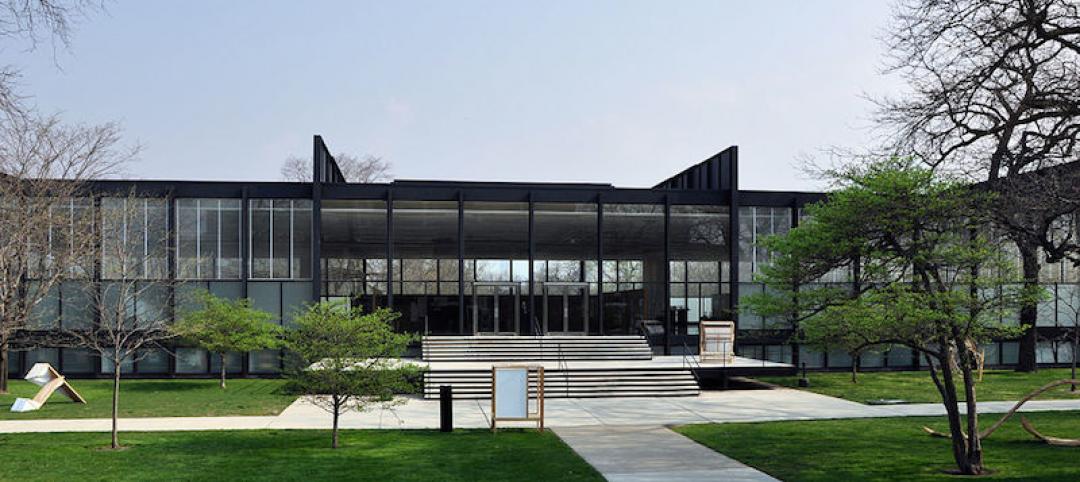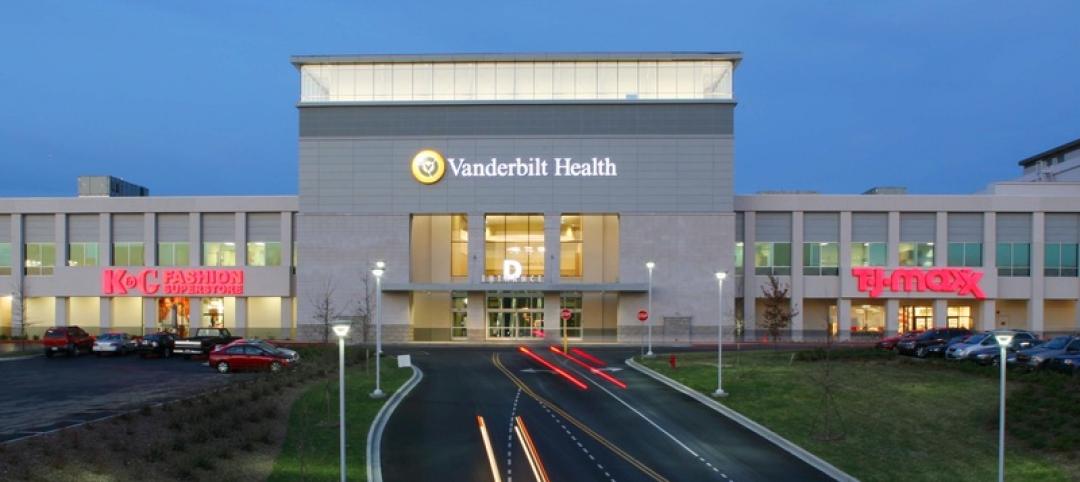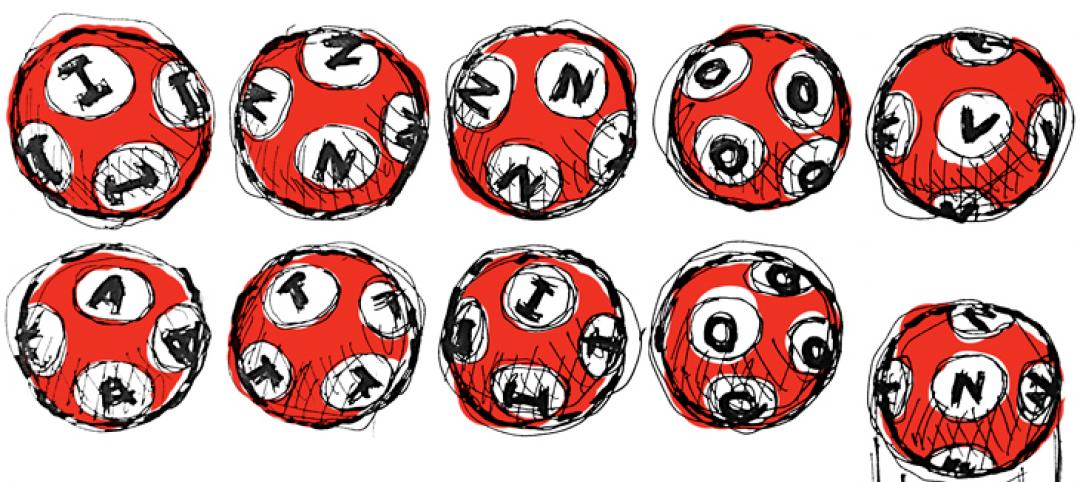Two prominent Atlanta-based design firms whose specialties include the hospitality sector are joining forces.
On Jan. 1, The Johnson Studio, which has been in business for more than 25 years and currently has 22 employees, will blend its operations into the Atlanta offices of Cooper Carry, a full-service architectural design firm founded in 1960, with offices in New York and Alexandria, Va., and an international portfolio.
Kevin Cantley, AIA, Carry Cooper’s CEO, says that his firm is one of the top three hotel designers in the country. As such, it has worked with myriad restaurant design firms, including The Johnson Group. “We are delighted to have them work alongside our talented hotel and retail team every day,” Cantley said about the merger.
Bill Johnson, AIA, Senior Principal and Founder of The Johnson Studio—whose first big restaurant design project was a Cheesecake Factory in Atlanta’s Buckhead neighborhood in the early 1990s—is staying on to lead the new business’s restaurant design practice. He will work with Cooper Carry’s seven Hospitality Studio principals.
The Johnson Studio will maintain its own brand. “This collaboration provides a platform for future services that we feel will be unparalleled,” said Johnson in a prepared statement.
According to its website, Cooper Carry has 11 specialty practices. Its services include architecture, interior design, landscape architecture, planning, sustainability consulting, and environmental graphics and wayfinding. The company emphasizes “environmentally responsible design,” as well as “connective architecture” that brings people and buildings within neighborhoods together.
Among its recent hotel design projects are the 1.1 million-sf Marriott Marquis Hotel in Washington, D.C., the 37,916-sf Sea Pines Plantation Golf Clubhouse in Hilton Head, S.C., and the 613,942-sf Hilton Cleveland Downtown.
Related Stories
Sports and Recreational Facilities | Mar 11, 2015
Foster + Partners wins bid for 2022 World Cup centerpiece stadium in Qatar
Norman Foster described the design as “an exciting step forward in stadium design—it will be the first to break the mold of the free-standing suburban concept, and instead anticipates the grid of this future city.”
Architects | Mar 10, 2015
German architect Frei Otto named 2015 Pritzker Architecture Prize laureate
The news comes a day after the visionary architect, 89, died in his native Germany.
Modular Building | Mar 10, 2015
Must see: 57-story modular skyscraper was completed in 19 days
After erecting the mega prefab tower in Changsha, China, modular builder BSB stated, “three floors in a day is China’s new normal.”
Sponsored | Metals | Mar 10, 2015
Metal Building Systems: A Rising Star in the Market
A new report by the Metal Building Manufacturer's Association explains the entity's efforts in refining and extending metal building systems as a construction choice.
Retail Centers | Mar 10, 2015
Retrofit projects give dying malls new purpose
Approximately one-third of the country’s 1,200 enclosed malls are dead or dying. The good news is that a sizable portion of that building stock is being repurposed.
Retail Centers | Mar 10, 2015
Orlando's Skyscraper to be world's tallest roller coaster
The Skyscraper is expected to begin construction later this year, and open in 2016. It will stand at 570 feet.
Museums | Mar 9, 2015
Architecture based on astronomy principles for new planetarium in Shanghai
The ancient Chinese civilization left some of the earliest records of humans studying the stars and skies. To exhibit this long history, a new planetarium and astronomy museum is planned for construction in Shanghai.
Architects | Mar 9, 2015
Study explores why high ceilings are popular
High ceilings give us a sense of freedom, new research finds
Cultural Facilities | Mar 9, 2015
London council nixes plans to rebuild the Crystal Palace
Plans for the new Crystal Palace Park were scrapped when the city and the project's developer could come to an agreement before the 16-month exclusivity contract expired.
Office Buildings | Mar 7, 2015
Chance encounters in workplace design: The winning ticket to the innovation lottery?
The logic behind the push to cultivate chance encounters supposes that innovation is akin to a lottery. But do chance encounters reliably and consistently yield anything of substance?

















